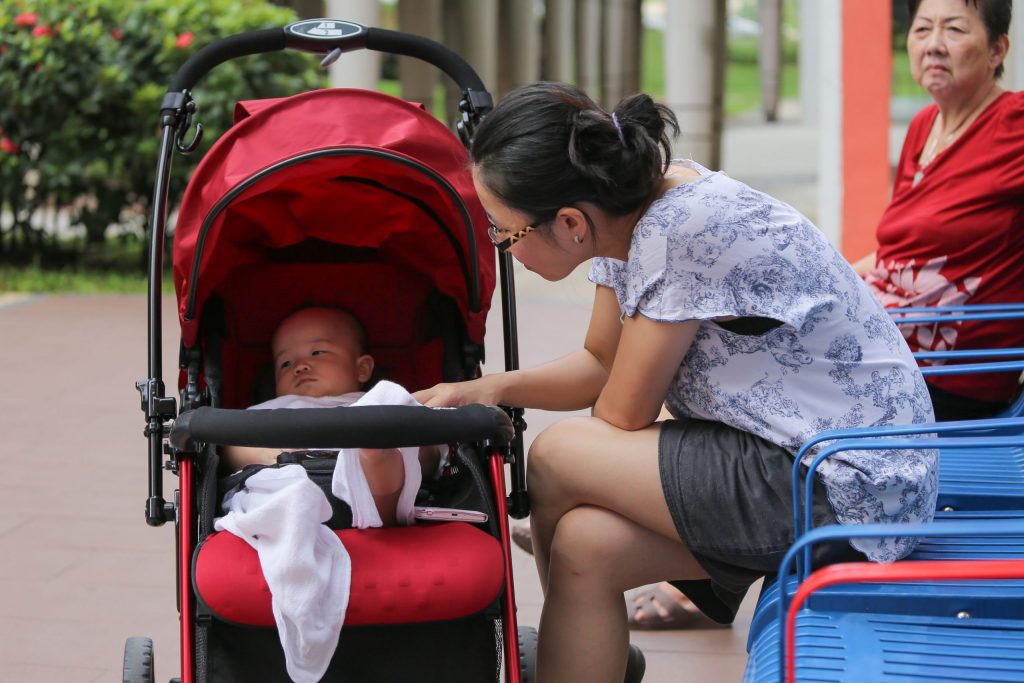China’s Census Report
May 18, 2021

World Population Day is commemorated on 11th July every year. Inaugurated by the United Nations Development program, the commemoration seeks to raise awareness about the importance and exigency of population issues faced by policymakers and citizens around the world. Population trends have widespread implications on economic development, income and social inequality, and access to basic needs such as healthcare, sanitation, and education.
Singapore’s declining birth rate is a cause for concern for policymakers here. The projected change in our demographics will increase pressure on society as policymakers struggle to find solutions to a shrinking workforce and an ageing population. This shift is projected to have far-reaching socioeconomic impacts in the country.
In an interview with Channel News Asia on China’s newly released census report, Professor Jean Yeung (NUS Sociology and Centre for Family and Population Research) points out that an ageing population and a shrinking workforce is a trend experienced by several East Asian nations. While China’s one-child policy is commonly seen as the main cause of its low population growth, the lifting of the one-child policy has made no substantial impact on the country’s fertility rate. In response to China’s lowest official population growth in a decade since the 1950s, Prof Jean Yeung argues that government policy will play an important role in increasing China’s fertility rate — which currently stands at 1.3 — and mitigating the impact of an ageing population.
Prof Yeung notes that China’s current policy has not been sufficiently responsive to changes in population trends. She cites China’s official retirement age as an example. The retirement age remains unchanged for more than four decades. Current guidelines, which are 60 for men and 55 for women in the civil service or white-collar industries, were instituted at a time when the average life expectancy of an individual was lower. As a result, Prof Yeung argues that there is an urgent need for the Chinese government to introduce new public policies targeted at increasing the fertility rate in the country. She recommends raising the restrictions on the number of children that a couple can have and increasing the incentives for a couple to have children. These incentives are making housing more accessible and affordable, reducing the cost of childcare, and increasing the amount of maternity leave.
In addition, Prof Yeung makes policy recommendations targeted at China’s shrinking workforce. She also emphasizes the importance of developing human capital in the country, recommending policy programs that incentivize citizens in the workforce to upgrade themselves and keep pace with new technologies. Prof Yeung mentions Singapore’s SkillsFuture program as a model that China could emulate in order to encourage lifelong learning in the workforce, and as a policy to combat the socioeconomic effects of an ageing population.
